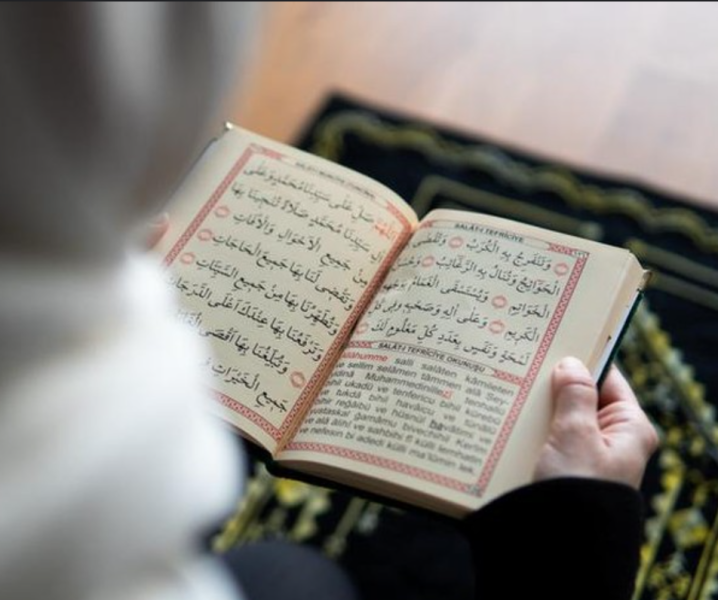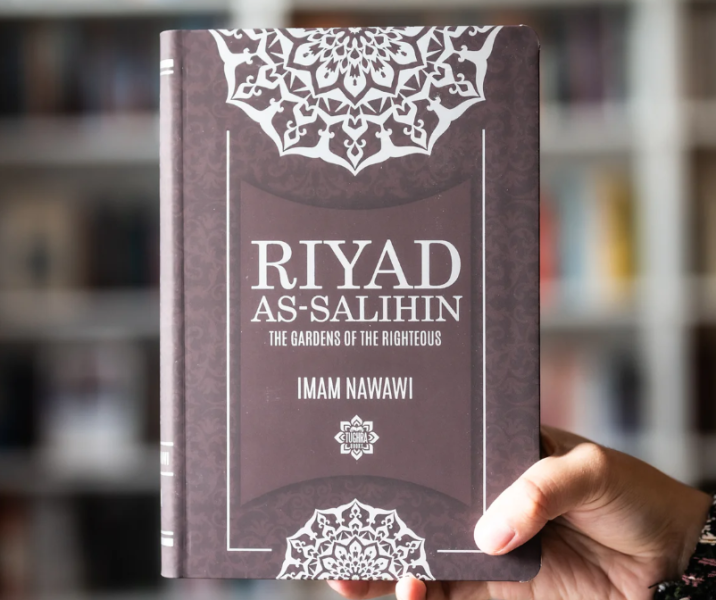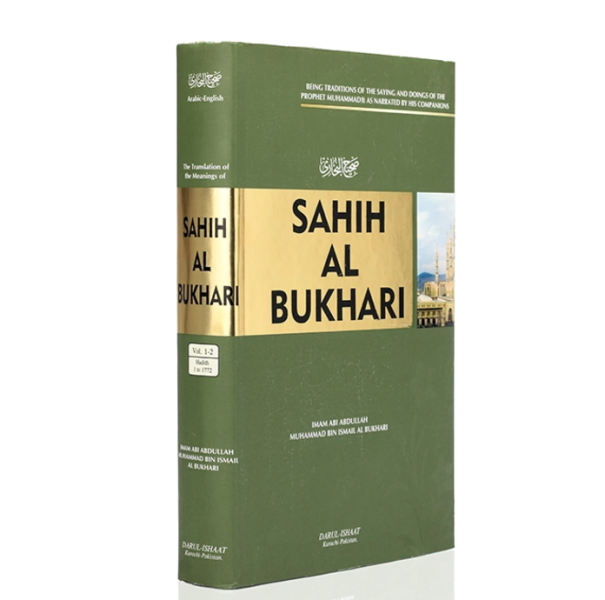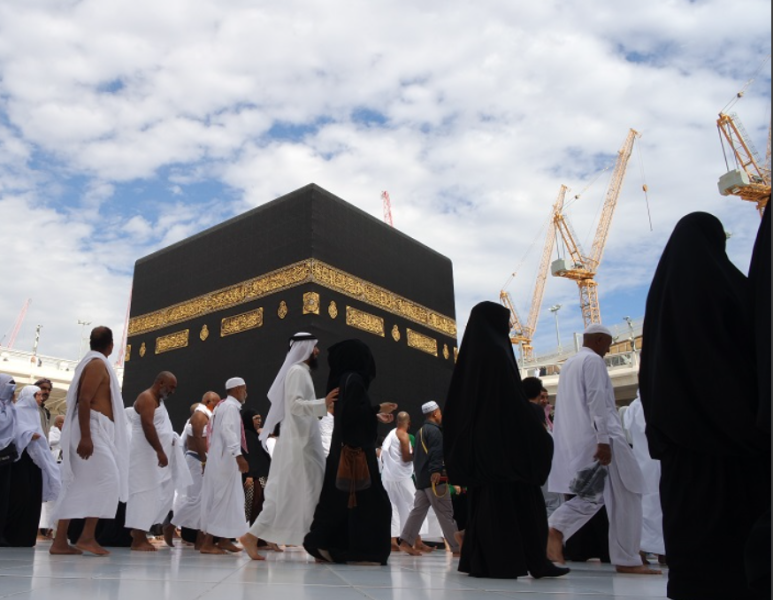The Quran, the holy book of Islam, is revered not only for its spiritual guidance but also for its profound insights that resonate with modern scientific discoveries. Many verses in the Quran touch upon natural phenomena, human anatomy, and the universe, often aligning with contemporary scientific understanding. This article explores the scientific dimensions of the Quran, demonstrating how its teachings can offer solutions to various issues faced by humanity.
The Relationship Between Science and the Quran
Islam encourages the pursuit of knowledge and understanding of the universe. The Quran frequently invites readers to reflect upon the signs of Allah in nature:
"وَفِي الْأَرْضِ آيَاتٌ لِلْمُوقِنِينَ"
(“And in the earth are signs for the certain [in faith].”)
(Surah Al-Jathiya, 45:20)
This verse emphasizes the connection between divine revelation and the exploration of the natural world, encouraging Muslims to seek knowledge.
1. Creation and the Universe
The Quran addresses the origins of the universe and the concept of creation in ways that resonate with scientific theories. For instance, the Big Bang theory, which suggests that the universe originated from a single point, is echoed in the Quranic verse:
"أَوَلَمْ يَرَ الَّذِينَ كَفَرُوا أَنَّ السَّمَاوَاتِ وَالْأَرْضَ كَانَتَا رَتْقًا فَفَتَقْنَاهُمَا"
(“Do not those who disbelieve see that the heavens and the earth were a closed-up mass, then We opened them out?”)
(Surah Al-Anbiya, 21:30)
This verse highlights a process of separation and expansion, mirroring scientific explanations of the universe's origin.
2. Human Development
The Quran also provides insights into human embryology, offering descriptions of the developmental stages of a fetus. In Surah Al-Mu’minun, Allah describes the creation of humans:
"ثُمَّ خَلَقْنَا النُّطْفَةَ عَلَاقَةً فَخَلَقْنَا الْعَلَاقَةَ مُضْغَةً"
(“Then We made the sperm drop into a clinging clot; then We made the clot into a lump [of flesh].”)
(Surah Al-Mu’minun, 23:13-14)
Modern science confirms that human development involves specific stages, and the Quran’s reference to these stages provides a remarkable alignment with contemporary embryological understanding.
3. The Water Cycle
The Quran outlines the water cycle and its significance for life. Verses emphasize the role of rain in nurturing the earth:
"وَأَنزَلْنَا مِنَ السَّمَاءِ مَاءً طَهُورًا"
(“And We send down from the sky pure water.”)
(Surah Al-Furqan, 25:48)
This description of water as a life-giving force mirrors scientific explanations of the water cycle, illustrating the essential role of precipitation in sustaining ecosystems.
4. The Balance of Nature
The Quran speaks about the delicate balance within ecosystems and the importance of maintaining this equilibrium. In Surah Ar-Rahman, Allah asks:
"فَبِأَيِّ آلَاءِ رَبِّكُمَا تُكَذِّبَانِ"
(“So which of the favors of your Lord would you deny?”)
(Surah Ar-Rahman, 55:13)
This verse prompts reflection on the natural world and its resources, urging humanity to acknowledge the signs of Allah in creation and to act responsibly in the stewardship of the earth.
5. Health and Hygiene
The Quran also addresses health and hygiene, providing guidelines that promote well-being. For instance, the prohibition of certain harmful substances is a key aspect of Islamic law:
"إِنَّمَا حَرَّمَ عَلَيْكُمُ الْمَيْتَةُ وَالدَّمُ وَلَحْمُ الْخِنزِيرِ"
(“Prohibited to you are dead animals, blood, and the flesh of swine.”)
(Surah Al-Baqarah, 2:173)
These dietary laws align with modern nutritional science, emphasizing the importance of consuming healthy, permissible foods.
Conclusion
The Quran offers a rich tapestry of knowledge that resonates with scientific discoveries, inviting believers to reflect on the universe, life, and their responsibilities towards creation. The alignment between the teachings of the Quran and modern science highlights the timeless relevance of its message.
By exploring these scientific dimensions, Muslims can find solutions to contemporary challenges, fostering a deeper understanding of their faith and its application in everyday life. The Quran not only serves as a spiritual guide but also as a source of knowledge that encourages the pursuit of truth, ultimately leading humanity towards a path of harmony, responsibility, and enlightenment.










